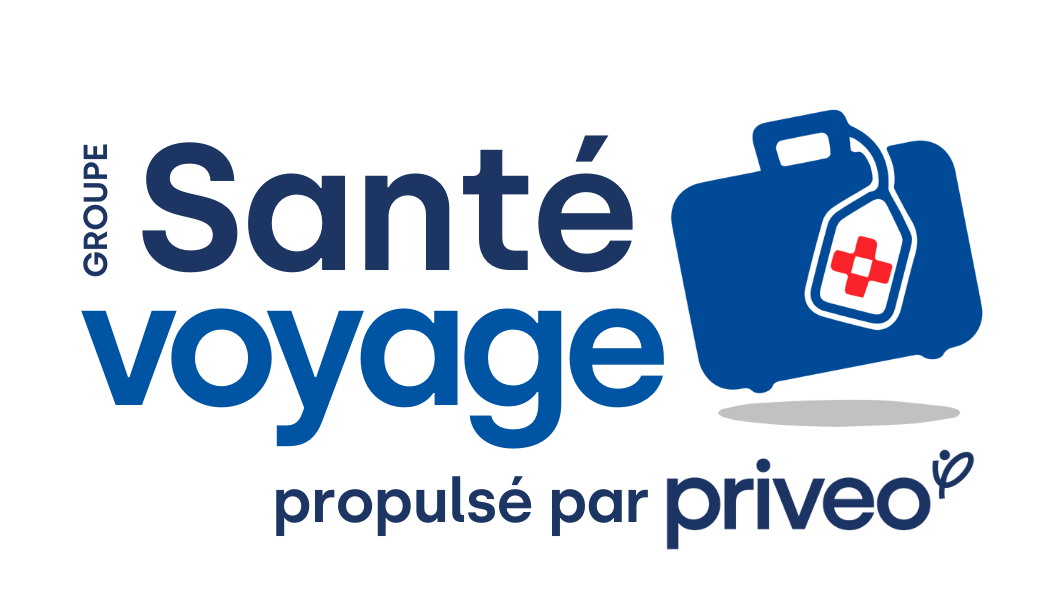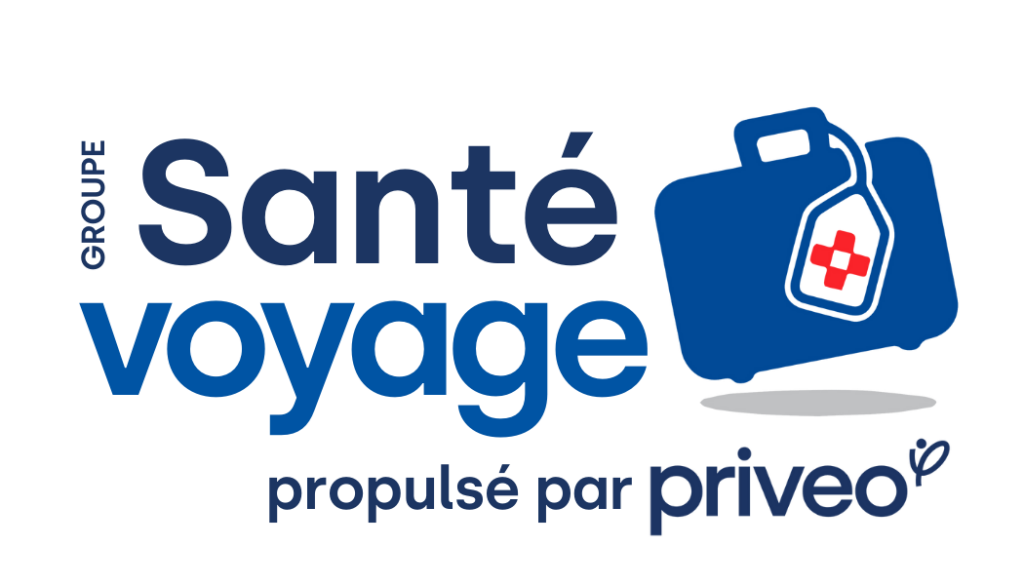
Every year, millions of Muslims from all over the world travel to Mecca, Saudi Arabia, to perform the Hajj, one of the five pillars of Islam. A once-in-a-lifetime spiritual journey for those who can afford it, it is a personally and religiously transformative experience. However, this massive gathering poses unique health challenges, particularly in terms of communicable diseases. Among these concerns, meningitis is a major threat, making vaccination mandatory and essential for all pilgrims.
Understanding the Hajj
The Hajj takes place during the twelfth month of the Islamic lunar calendar, Dhûl-Hijja, and involves a series of religious rites in and around Mecca. These rites, which include circumambulation of the Kaaba, parking on Mount Arafat and stone-throwing at Mina, symbolize important episodes in the Islamic faith. Every year, this pilgrimage attracts more than two million faithful from different countries, cultures and socio-economic backgrounds. This large-scale international gathering is a unique opportunity for spiritual communion, but it also represents an increased risk of infectious disease transmission.The health challenges of the Hajj
The Hajj, by its very nature, involves huge crowds, close physical contact and exchanges between individuals from regions of the world with varying health systems. These factors create an environment conducive to the spread of respiratory, gastrointestinal and other transmissible infections. Of particular concern is meningococcal meningitis. Meningitis is an inflammation of the membranes surrounding the brain and spinal cord, caused by a viral or bacterial infection. Although rare, meningococcal meningitis can be fatal or cause serious complications, such as permanent neurological damage. It is transmitted by respiratory droplets, making it a major threat in crowded conditions such as the Hajj.Meningitis vaccination: An obligation for pilgrims
To protect pilgrims and reduce the risk of international spread of meningitis, the Saudi authorities require all Hajj participants to be vaccinated against meningococcal meningitis. This measure has been in force for several years, and has considerably limited epidemics during the pilgrimage. The quadrivalent vaccine (ACYW) is the one recommended for the Hajj. It provides protection against four main strains of the Neisseria meningitidis bacterium. This vaccine is safe and effective, offering long-lasting immunity that not only protects the vaccinated individual, but also reduces community transmission.The importance of comprehensive sanitary preparation
At Groupe Santé Voyage, we understand that the health of pilgrims is a top priority. Since 1997, our clinic has specialized in vaccination and health advice for travelers. Beyond meningitis vaccination, we offer a complete assessment of travelers’ health needs. Other vaccines often recommended for the Hajj include:- Flu vaccine: Flu infections are common during the Hajj, due to the crowds and the different flu seasons in pilgrims’ countries of origin.
- Hepatitis A and B vaccine: These viral infections can be transmitted through food, water or human-to-human contact.
- Polio vaccine: Although this disease is rare, some countries continue to report cases, justifying additional protection.
- Pneumococcal vaccine: Recommended for the elderly or those with chronic illnesses.


